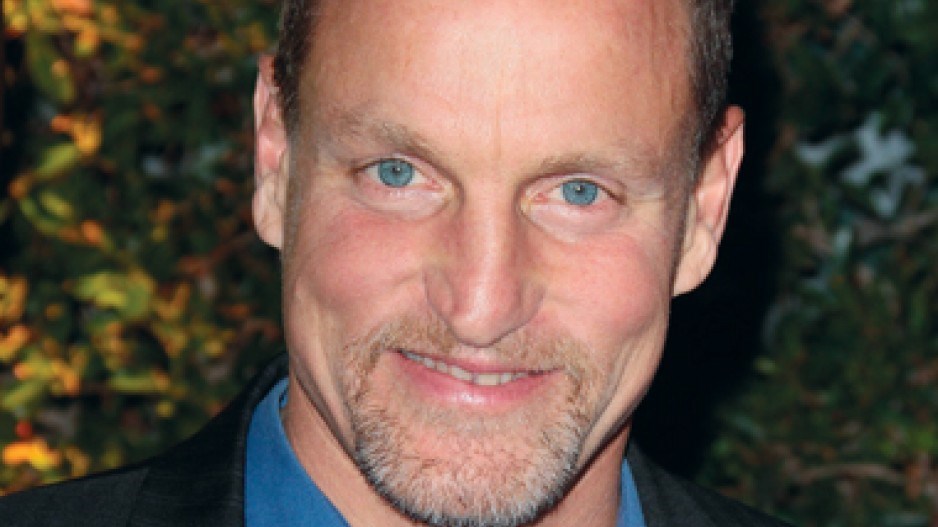When a Manitoba-based straw-paper company co-founded by actor Woody Harrelson needed a green stamp of approval for the straw pulp and paper mill it plans to build, it chose Vancouver's Offsetters Clean Technology Inc. to provide the validation.
Offsetters produced a study that confirmed the process Prairie Pulp & Paper Inc. would use to create paper – 80% of which would come from wheat straw fibre – would have a lower environmental footprint than paper made from 100% recycled tree-fibre paper.
It is just the latest in a number of high-profile projects Offsetters has been involved in, including the greening of the 2010 Winter Olympic Games.
While other carbon-offset brokers have floundered or failed, Offsetters has survived. It's now poised to become one of the largest in the country through a series of acquisitions mergers.
The company has acquired Carbon Credit Corp., which specializes in soil- and forest-based carbon sequestration projects, and is merging with ERA Carbon Offsets Ltd. (TSX-V:ESR).
"We're looking at two or three other potential acquisitions as well," said James Tansey, CEO of Offsetters and CEO-in-waiting of the new company being formed from the ERA merger.
Whereas ERA and CCC specialized in offset programs related to soil- or forest-based carbon sequestration, Offsetters has focused more on clean energy projects. These include biomass energy projects and wind farms in Canada and in developing countries, like Thailand and Africa.
"We feel, to be effective for the large buyers, both in the voluntary market and the regulated market, that they want a one-stop shop," Tansey said. "They want all the expertise under one roof, and they want companies with a proven track record."
Carbon trading has been likened to the selling of medieval indulgences, in that the guilty (polluters) can literally pay for their sins by buying carbon credits, which are then used to help fund projects elsewhere that reduce carbon emissions. For example, Air Canada (TSX:AC) buys carbon credits from Zerofootprint, which invests in initiatives such as a reforestation project in Maple Ridge.
To date, companies like Offsetters have had to rely largely on a voluntary market. But they expect the market to blossom significantly when California begins enforcing a carbon cap-and-trade system in the new year.
"There's a huge opportunity," Tansey said. "As much as carbon offsets has been beaten up in the press a lot, it is a real business opportunity. We think we're the best positioned of any company for growth because we've got that depth in the regulated markets that very few people have."
Although California presents the biggest potential market, Robert Falls, ERA's founder and outgoing CEO, said there's also a good potential market in B.C.'s pine beetle-ravaged forests and liquefied natural gas (LNG) industry.
"The forests of British Columbia that used to collectively remove 17 million tonnes of carbon a year through photosynthesis have gone from being a net sequesterer of carbon to become a gross emitter of carbon to the tune of 80 million tonnes," Falls said.
He believes carbon trading could be used to help accelerate reforestation.
"If government has no money to do anything – and it's starting to look that way – one way of doing it would be using our own forests for offsetting emissions."
While the credits could come from anywhere in the world, Falls also believes there could be a homegrown market created, if the B.C. government placed a price on the increased emissions from the LNG industry. •




